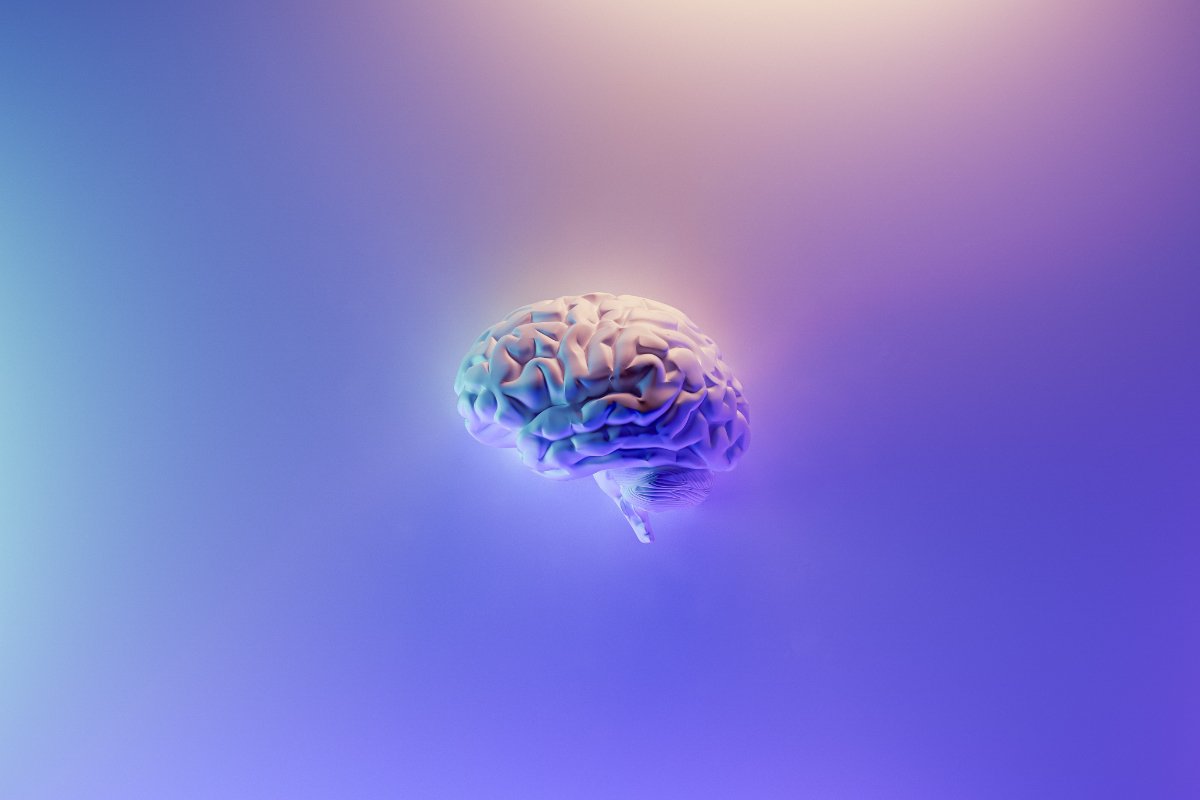KEY POINTS
- Gut instincts have long been viewed as a means of protecting one from emotional as well as physical harm.
- While it may appear that gut reactions are based on superficial data, stored experiences or information often attest to their veracity.
- "Going with your gut" may seem risky, especially where the consequences could be great. Therefore, one should weigh the costs and benefits.
These reactions may have been spontaneous and without time for reflection, let alone analysis. Such visceral responses are usually identified as “gut reactions or feelings.” They reflect bodily grounded emotions (Turnbull et al., 2014).
Some instances that may cause gut reactions include the following:
- With people in general, and interpersonal relationships in particular
- Whether we should purchase something
- Health matters and behavior
- Which way to go in unfamiliar locations
Gut Instincts and the Brain
Gut reactions can also be viewed in a cognitive sense as intuition, which is often characterized as:
- Just knowing without knowing how or why (Hicks et al., 2010)
- Occurring with little awareness (Hicks et al., 2010)
- Responding to internal cues (Hicks et al., 2010)
- Immediately understanding something without engaging in reasoning (McCrea, 2010)
- Occurring quickly and without effort (Hicks et al., 2010)
Other terms for describing the above are “hunches” or “vibes.”
Given that gut reactions occur as they do and reflect emotions, does the brain get involved in any of these reactions? Yes, it does. The brain and gut communicate and inform one another. The vagus nerve connects the brain to the gastrointestinal tract (as well as other organs) sending and receiving signals from the body. This communication informs how the brain and other organs respond.
van Mulukom (2018) explains that past and current experiences are considered automatically and subconsciously. In this way, gut feelings are evaluated by the brain, which then taps into stored knowledge and compares it against current situations. All of this is done without our conscious awareness and without engaging in analytic information processing; thus, it appears as intuition. The brain learns through previous experiences that are stored as a kind of long-term memory that can later impact our behaviors and future emotional responses.
Gut reactions can have a profound effect on a person’s decision-making. For example, if one is visiting an unfamiliar area and having a feeling of discomfort, leaving the area as soon as possible might be a good idea. Or meeting someone at a party and having an instant connection with them may be a signal that this is someone you might want to know better.
The practice of medicine may seem as if it is based on scientific evidence where research is conducted under rigorous conditions with statistical analyses identifying the most probable conclusions. However, this is not always the case. Experienced medical professionals can also rely on their past experiences and knowledge when making a diagnosis and/or treatment plan. For example, one look at a malady may be sufficient to render a diagnosis and prescribe the appropriate treatment. Reluctance to accept one’s “experienced intuition” and ordering more tests, thereby delaying treatment, may do more harm to the patient.
Many professionals (e.g., nurses, firefighters, military personnel) who must make quick decisions under complex and difficult circumstances, will do so without obvious deliberation (Dhaliwal, 2011). Their intuition comes from their experience of similar situations. In such emergencies, intuition may have to take precedence. However, this is not to imply that anyone (professional or not) should rely on experience alone and not remain current by seeking further information and education derived from credible sources using analytic reasoning.
Disagreement Between the Brain and Gut
Given that gut reactions are a common and accepted phenomenon, how certain can one be in trusting oneself? Although there is a brain–gut connection, it’s not unusual for a person to have a gut feeling that does not comport with what their brain believes. For example, entering an abandoned house may feel creepy, but the brain discerns that there is no evidence that harm may occur. Here, one’s intuition contradicts the brain that argues against fear.
So, should we second-guess gut reactions and dismiss them as incomplete and biased? Maybe we should ask ourselves how many times we ignored our intuition and later discovered that we should have heeded what our gut was communicating.
Some have contended that intuition or gut reactions are to be more trusted when a quick decision needs to be made. In circumstances when not pressed for time, engaging in logic and reasoning may yield a more thorough analysis of what to do. However, the most important lesson to learn is to pay attention to bodily cues, keep track of when they are correct, and apply these steps to future situations.
With the advancement of technology and information processing, decision-making today has become a far different operation than it was years ago. There are many sources we can readily access for data and guidance, and using these sources may give us confidence that we are making the right decision. And, yet, we know that cognitive processing alone does not always yield the best conclusions. During the thousands of years human beings have existed and evolved, the visceral aspect associated with safety and well-being continues to have great importance. Knowing that these visceral responses have a relationship with our brain should further endorse their significance and credibility, thus supporting our need to pay attention to what they are communicating to us. Our very survival may depend on it.











